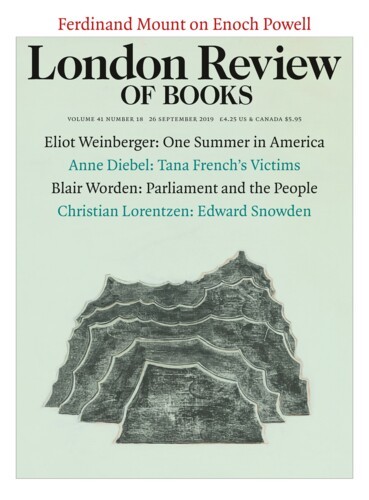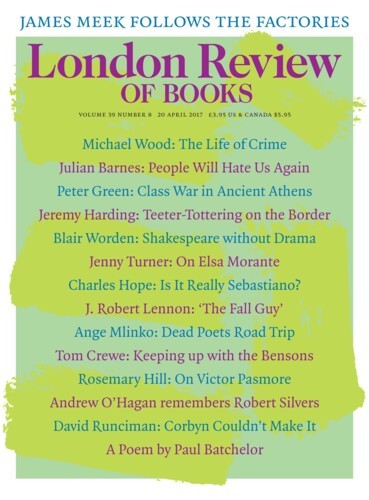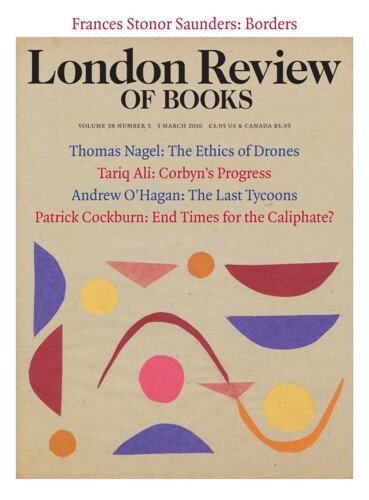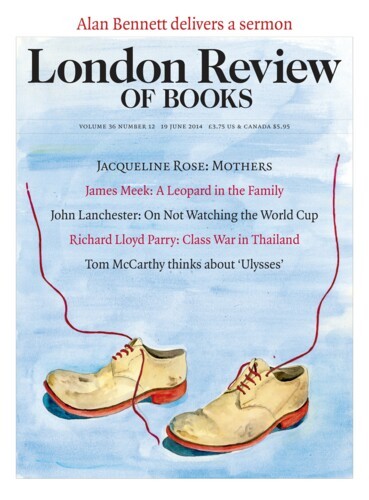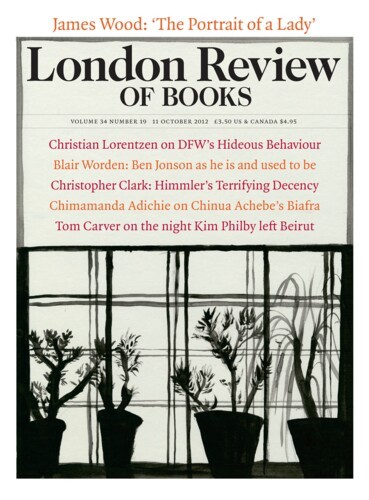Novel and Naughty: Parliament and the People
Blair Worden, 26 September 2019
Where did the ‘radical’ political ideas recounted by the author come from? Were they developments of previously held beliefs? Did they have long roots, or were they generated by the exceptional events of the 1640s and by the rise of mass publication, which was largely a consequence of those events? It is hard to say, because we know so much less about public opinion before the expansion of printed source material in the civil wars. Whatever the answers, it is the short-term incitements to ‘radicalism’ that he brings to life. One essential component of its appeal was the hold on public affection of the institution of Parliament.
